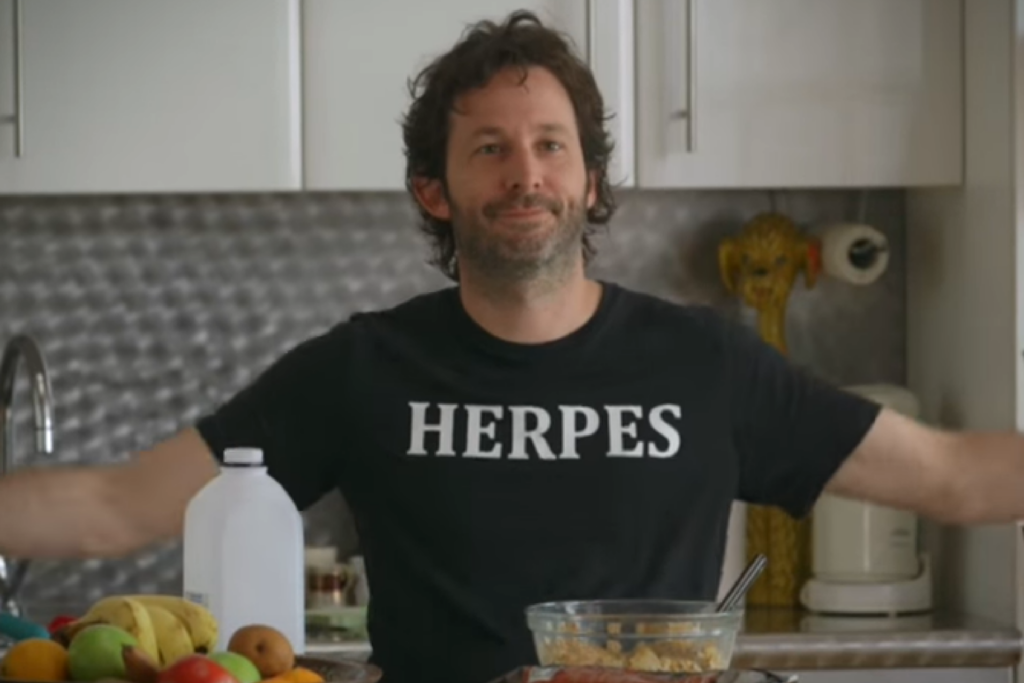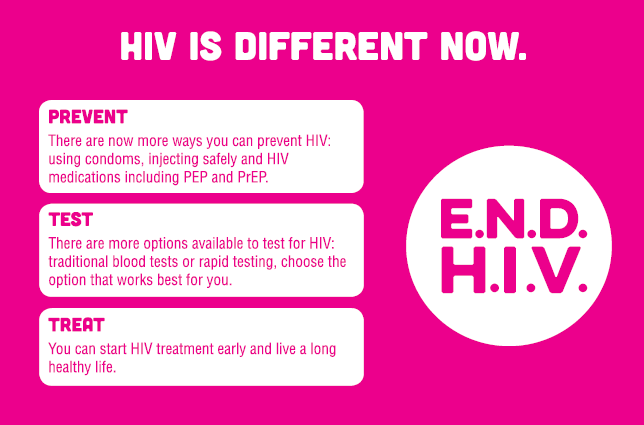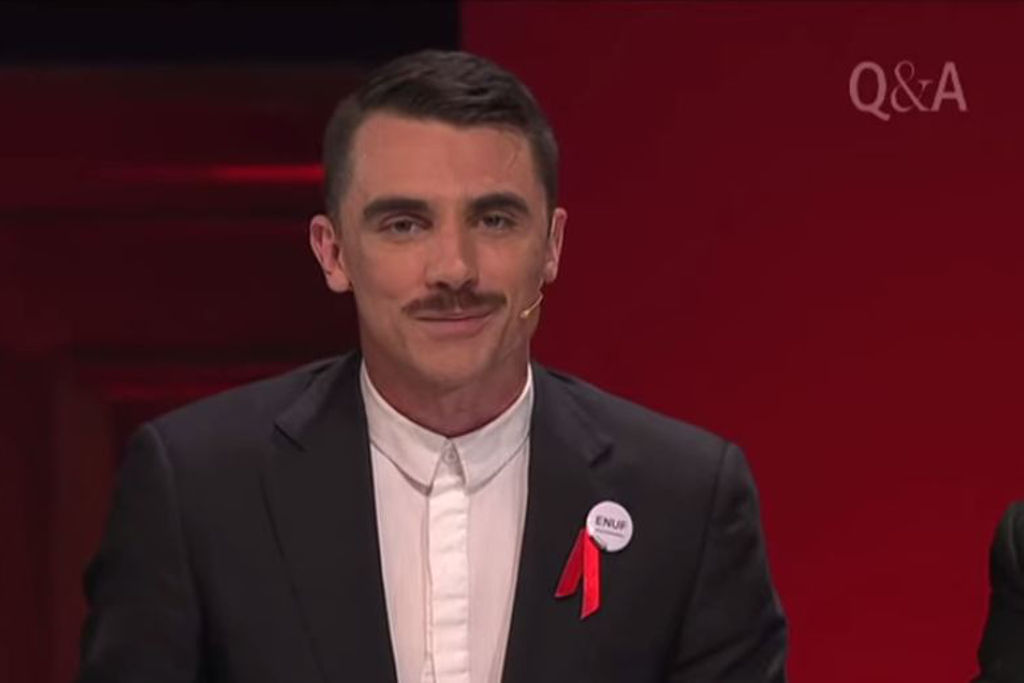A New Law Could See People With STIs Jailed, Sexual Health Advocates Warn
"It paints people in with HIV as villains to be avoided"

Changes to the NSW Public Health Act are so wide-ranging that people with common STIs such as herpes or chlamydia could be jailed for not disclosing to their partners, sexual health advocates warn. The changes represent a massive “backwards step” in the way the NSW government treats sexual health, HIV activist group The Institute of Many (TIM) says.
Sexual health advocates across the country are infuriated by revisions to the NSW Public Health Act, which they say will unfairly criminalise and potentially harm residents of the state who live with STIs, especially those living with HIV. The revisions, which activists claim are being “rushed through” parliament by NSW Health Minister Brad Hazzard, include fines and jail time for sexual health offences.
NSW taking a very backwards step on #HIV with changes to the public health law passing the lower house today. #HIVlaw
— Paul Kidd ?????️? (@paulkidd) September 13, 2017
The proposed bill, which this week passed through the lower house, could see those living with HIV or STIs who do not take “reasonable precautions” during private sexual interactions fined up to $11,000, slapped with six months jail time, or both.
“It’s really concerning,” TIM co-founder Nic Holas told Junkee. “It’s not just people with HIV, it’s anyone with an STI that can fall foul of that.”
Holas explained that activists’ concerns surround the government’s loose definition of “reasonable precautions”.
“They’ve inserted this really heavy handed punitive measure of six months in prison, which is absolutely terrifying,” Holas said.

In 2016, NSW Health promised to repeal section 79 of the Public Health Act, which mandates that an individual must disclose their HIV status to their partner before engaging in any sexual activity.
Activists have been calling for section 79’s removal for years, saying it was put in place when the reality of HIV and its connection to AIDS was a greater public health concern. Now, the disclosure mandate is considered to be counterintuitive, often encouraging individuals not to disclose and increasing the risk of the spread of HIV.
“These days it’s a very, very, very different scenario,” Holas explained. “In Victoria they removed the need to disclose [from the Public Health Act] years ago, and it’s working great”.
The proposed 2017 bill does remove Section 79 from the NSW Public Health Act, but replaces it with these new, harsher measures that activists say will discourage those living with HIV or STIs from disclosing, or from taking other reasonable precautions during sexual activity.
“It paints people with HIV as villains to be avoided”
The AIDS Council of NSW (ACON) has criticised the new bill, calling it “regressive and counterproductive”. In a statement, ACON labelled the new measures “excessive and disproportionate”, and claimed the expanded offences in Section 52 of the Act, introduced to combat the removal of section 79, are “unprecedented and unjustified” and “should not be adopted”.
“The removal of the existing disclosure provisions set out in the Bill is a welcome and progressive step reflecting that STI prevention is a mutual responsibility,” ACON said. “The amendments run counter to the comprehensive consultation process that occurred in 2016 and do not reflect recommendations made by the NSW Ministry of Health in their report tabled in the NSW Parliament”.
What doesn’t work: blame, shame and criminal laws like the one the NSW govt is passing against the advice of their own experts.
— Paul Kidd ?????️? (@paulkidd) September 13, 2017
Holas also expressed disappointment at the “backwards steps” the NSW government was taking in its support of sexual health.
“This is the sort of stuff that takes us back to feeling like it’s the 1980s for people living with HIV,” he said. “It paints people with HIV as villains to be avoided. And what’s really important is we’re talking about STIs as well. A 19-year-old who picks up herpes… Is this person going to be charged? There’s absolutely nothing about the reasonable precautions that’s defined. Currently it’s up to the individual magistrate to judge on a case-by-case basis.”
ACON claims that the extreme penalties for failing to take “reasonable precautions” will “apply irrespective of whether a person has disclosed their STI status”.
Tell @BradHazzard & @NSWHealth that you don't want people with HIV/STIs threatened with 6-month prison sentences: https://t.co/LQp6gU85ek pic.twitter.com/iECJn4YD5v
— Nic Holas (@nicheholas) September 13, 2017
Sexual health activists say the new bill should be walked back, and are encouraging concerned NSW residents to contact their local representatives, or the NSW Health Minister, to voice their concerns.
“I think about the tools we really want to be giving young people, to have healthy and really great sex lives,” said Holas. “The dark cloud of being thrown in jail for six months is not one of those tools.”
Brad Hazzard was contacted for comment.
—
Matilda Dixon-Smith is Junkee’s Staff Writer. She tweets at @mdixonsmith.
